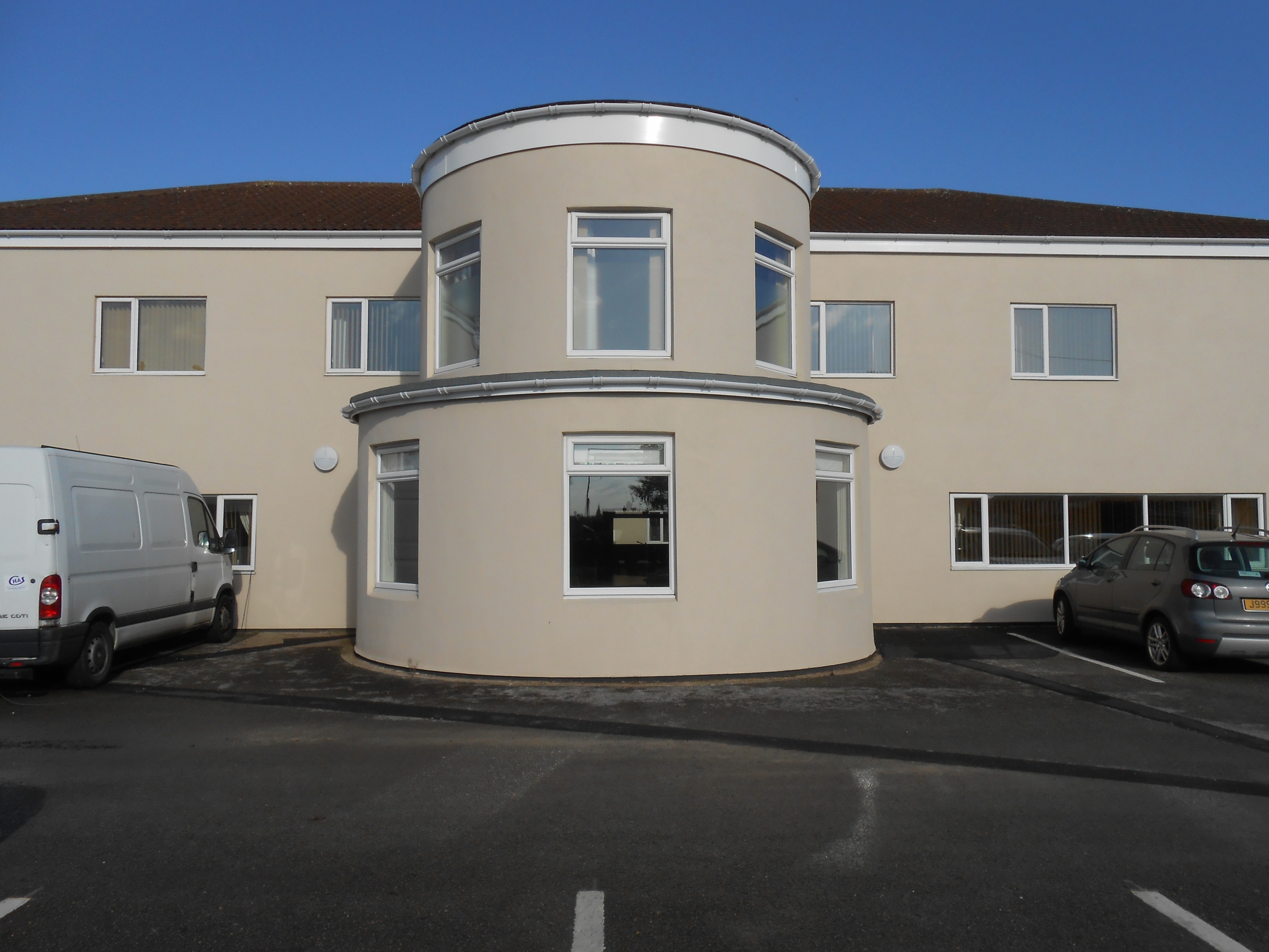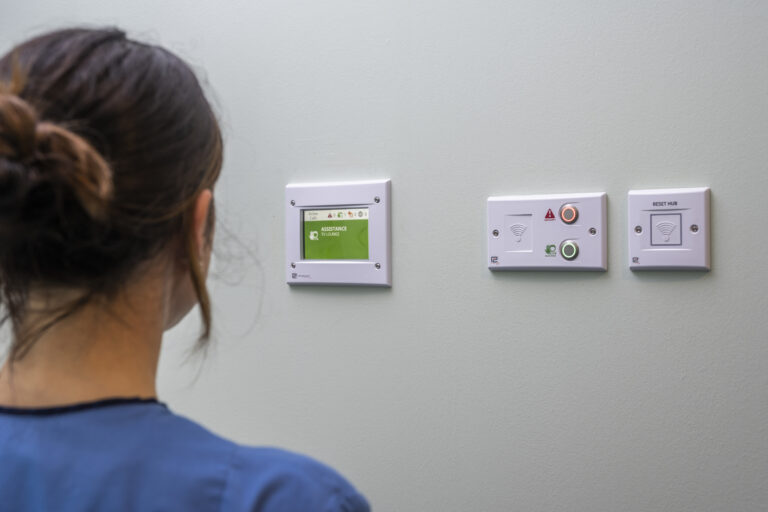No products in the cart.
As Ireland’s population ages, with the over-65 demographic expected to exceed 1.5 million by 2051, the demand for alternatives to costly nursing homes is growing.
Assisted living, a modern alternative to institutional care, has emerged as a future-ready model, offering older adults a way to live independently while receiving the care and support they need.
Future-proofing these new facilities will involve more than just mere physical upgrades or staff plans. Personal alarm systems, like those developed by Pinpoint, are central to that strategy.
Here’s how these systems play a vital role in preparing your facility for the future of elder care.
Support without compromising independence
With 64.4% of older people saying their level of independence directly impacts their mental wellbeing, assisted living has significant positive implications for the long-term health of our elderly population.
Unlike nursing homes, assisted living is designed for individuals who are largely self-sufficient but may require occasional assistance with daily activities. This flexible model allows residents to live with dignity while accessing help with tasks such as bathing, dressing, medication, or transportation.
Personal alarm systems support this model by offering discreet, resident-driven safety. With the touch of a button, a resident can request help, with no need for constant supervision or intrusive checks.
Creating a safe and connected community
Social connection plays an important role in emotional, cognitive, and even physical wellbeing, particularly as people age. Assisted living communities are designed with this community in mind. Residents typically enjoy both privacy and access to communal spaces such as lounges, gardens, and dining areas, where they can interact with other residents and guests. Most centres also offer a rolling calendar of activities such as fitness classes and arts and crafts evenings.
However, as populations age and medical complexity increases, these environments must be supported by invisible safety technology.
Pinpoint’s wearable alarms allow residents to move freely throughout the facility, while care staff remain continuously informed and responsive in the background.
Safety measures that don’t feel restrictive
Older adults face an increased risk of falls, with one in three experiencing a fall each year and two-thirds of those falling again within six months. As this trend escalates within Ireland’s ageing population, proactive safety measures are essential.
The majority of assisted living centres are already equipped with secure entry systems, grab rails, and accessible bathrooms, but personal alarm systems are playing an increasingly critical role in safety and response management.
Pinpoint’s personal alarm system provides a discreet, reliable safety net that is available 24/7. The Wrist PIT, a lightweight, wearable device, allows residents to instantly call for help at the press of a button. Whether it’s a fall, medical emergency, or request for an extra hand, the alarm activation informs staff of the resident’s location in real time to enable a quick response.
Worn on the wrist of the resident, these safety alarm devices do not interfere with day-to-day life, while the modern discreet design of the Pinpoint System seamlessly integrates with the surrounding environment. Residents benefit from 24/7 protection, without the feeling of being constantly monitored or restricted.
Reassurance for families and care teams
While resident wellbeing is at the heart of assisted living, one of its most valuable benefits is the peace of mind it brings to families and care teams alike. For families, it’s the comfort of knowing their loved ones are supported and safe. For care teams, the Pinpoint System provides staff with the tools to respond quickly and effectively, improving efficiency in resident care.
Future-proofing is about preparing your facility today for the evolving needs of tomorrow, and that starts with investing in solutions that scale with care demands. Speak to the team at Pinpoint Ireland to learn how our advanced personal alarm systems can help you deliver smarter, safer care.






